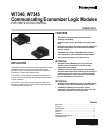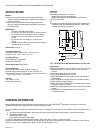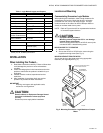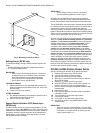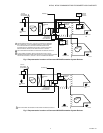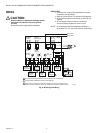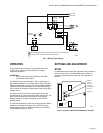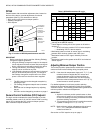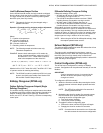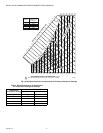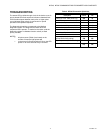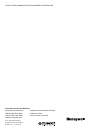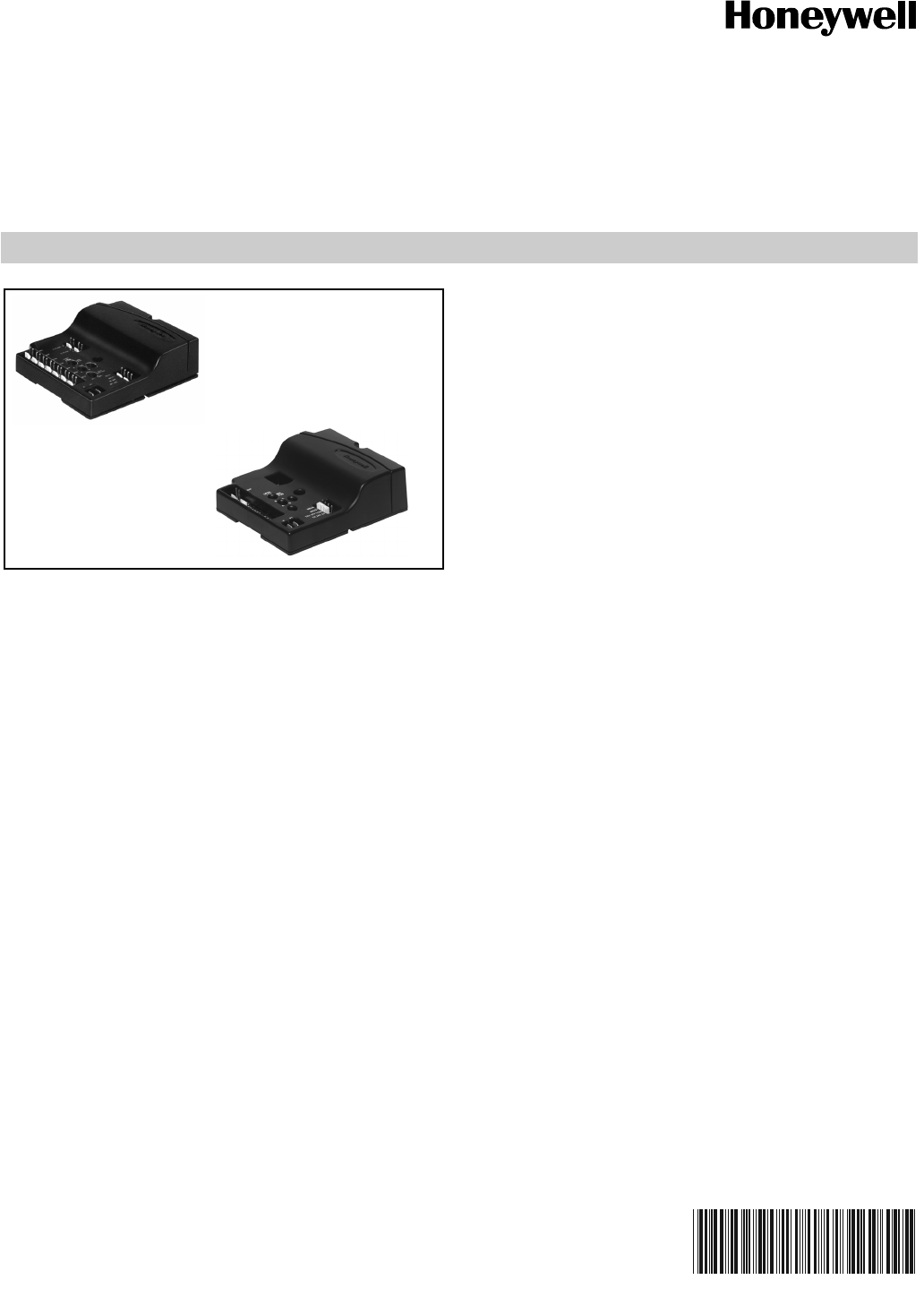
PRODUCT DATA
63-2569—04
W7340, W7345
Communicating Economizer Logic Modules
FOR VENTILATION CONTROL
APPLICATION
The W7340 Communicating Economizer Logic Module is a full
featured economizer that incorporates Demand Control
Ventilation (DCV) to provide free cooling and ventilation for
occupants in a space while saving energy.
The W7345 Communicating Economizer Logic Module is a
dry bulb only economizer that does not incorporate Demand
Control Ventilation.
The W7340 is used with both solid state temperature and
humidity or enthalpy sensors. The W7345 is used with solid
state temperature sensors only.
FEATURES
• Solid state control package provides accuracy,
reliability and stability.
• Housed in high-impact, glass-fiber reinforced plastic
case.
• Terminals included for connecting optional S963B1136
Remote Potentiometer for remote minimum damper
position control.
• Communicates using a modified Modbus protocol.
• Case matches the lines of the M7215 Damper Motor.
• LED indicates the status of the device input.
W7340 Only
• Operates from the Modbus input, environmental
sensors, and a DCV sensor to provide a totally
integrated control system.
• Combines minimum damper position potentiometer
with solid state temperature (10K NTC) and humidity or
enthalpy changeover control to provide economizer
free cooling function; this control can be overridden
by input via Modbus or DCV sensor.
W7345 Only
• Operates from the Modbus input and mixed/discharge
air sensor to provide a temperature control system.
• Combines the Modbus indoor and/or outdoor
temperature input with the mixed air input to provide
economizer dry bulb free cooling function.
W7340
W7345
Contents
Application.........................................................................1
Features ............................................................................1
Specifications ....................................................................2
Installation .........................................................................3
Wiring ................................................................................6
Operation...........................................................................7
Settings and Adjustment ...................................................7
Troubleshooting.................................................................11



